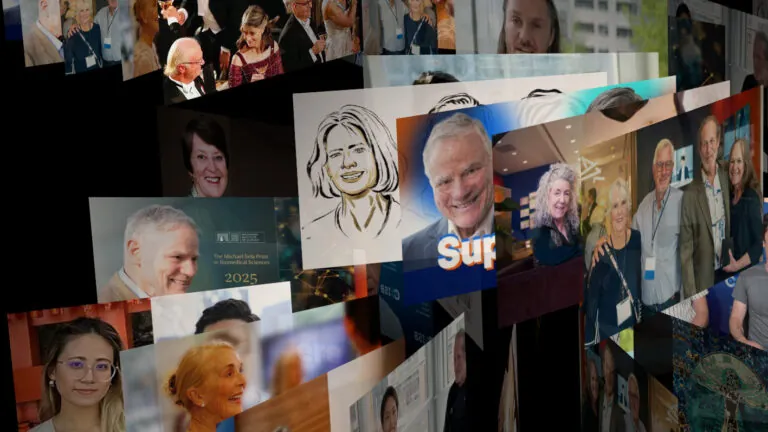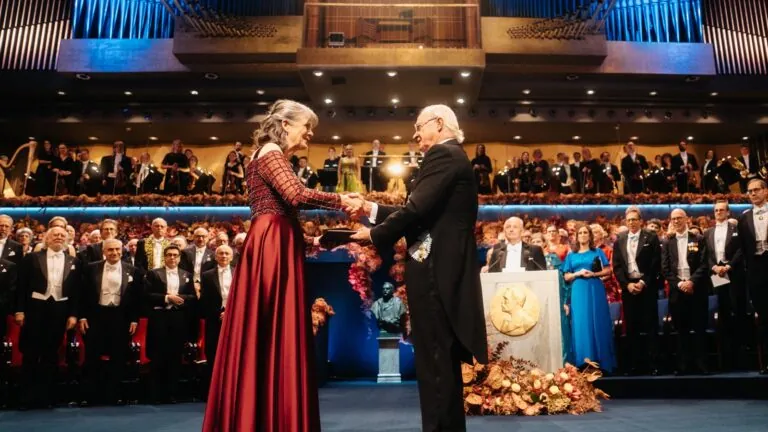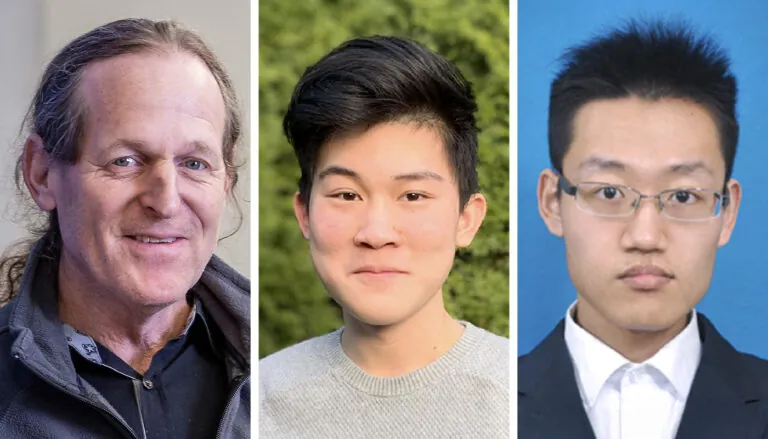ISB’s Sui Huang Challenges the Genetic Paradigm of Cancer in New Essay
Sui Huang challenges the prevailing view of cancer as purely genetic in a new essay published in PLOS Biology. Huang and colleagues suggest non-genetic factors and disrupted gene regulatory networks may play crucial roles in cancer development.

In a provocative new essay published in PLOS Biology, ISB Professor Sui Huang and colleagues argue that the prevailing view of cancer as a purely genetic disease needs to be rethought.
For decades, cancer research has largely focused on the idea that tumors arise from an accumulation of genetic mutations in otherwise normal cells. This paradigm has driven massive genome sequencing projects, such as The Cancer Genome Atlas, in search of cancer-causing mutations and the development of targeted therapies.
However, Huang and his co-authors highlight key inconsistencies in this somatic mutation theory. Many cancers lack identifiable driver mutations, and some healthy tissues carry mutations long believed to cause cancer, yet never become cancerous. These contradictions, the authors argue, point to the need for alternative explanations.
The essay proposes a more holistic understanding of cancer’s origins that includes non-genetic factors and embraces insights from systems biology and developmental biology. Huang outlines the concept of cancer arising from disruptions in gene regulatory networks, while co-authors Carlos Sonnenschein and Ana Soto explore the theory that cancer stems from disordered tissue organization.
“A full embrace of the idea that the origin of cancer lies beyond the realm of genetic mutations will open new vistas on cancer treatment and prevention,” the authors write. “Accepting that not all carcinogens are mutagens will strengthen public health policies aimed to prevent exposure to environmental non-mutagenic factors, such as food additives, plastics, and other toxicants that alter tissue homeostasis.”
The essay invites cancer researchers to explore alternative frameworks that could reshape the future of cancer research and treatment.


